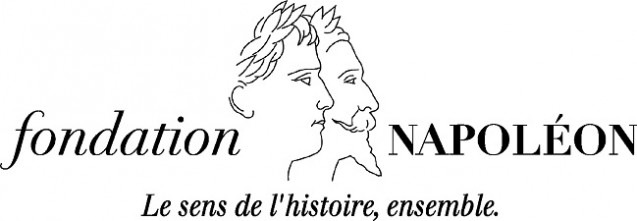As far as our Russian historian colleagues are concerned, we did not see fit to break with them personally, since our links are not institutional. Therefore, you will find in our French-language Newsletter (14 April 2021) the announcement of the publication of the recent book, Napoleon in 1812. A chronicle, by Professor Vladimir Zemtsov of Ekaterinburg. Furthermore, on our various sites, contributions by other leading scholars from Moscow or St Petersburg remain accessible. Moreover, we have never removed from our shelves or servers the works of Eugene Tarlé, despite the fact that he was Joseph Stalin’s favourite Napoleonic historian. All this historiography is precious and must be preserved.
This does not imply any consequences or authorise any interpretation of what the collaborators and directors of the Fondation Napoléon think about the affairs in progress. On the other hand, this arbitration means that, though we are attentive to and very concerned by the misfortunes of the world, we are not letting our historical and academic specificities interfere with problems that are not ours to solve. While we obviously support our country’s position, we did not think it right to cut all ties with people who have nothing to do with these situations, who have always been loyal individual partners and who still have a lot to contribute to our work or research.
We wanted to share this with our readers.
The war in Eastern Europe will one day end, that is the only thing that is certain.
No doubt those who wanted immediately to burn copies of Pushkin, Tolstoy and Dostoyevsky will then look at us askance, but do they really want to send the “a tad too far to the right for their taste” Solzhenitsyn to a new gulag, by banishing his works to the restricted sections of “appropriate” libraries? Let us not add irrelevant censorship to the many misfortunes of this conflict.
Victor-André Masséna, Prince d’Essling, President of the Fondation Napoléon, and Thierry Lentz, Director General of the Fondation Napoléon
April 2022


